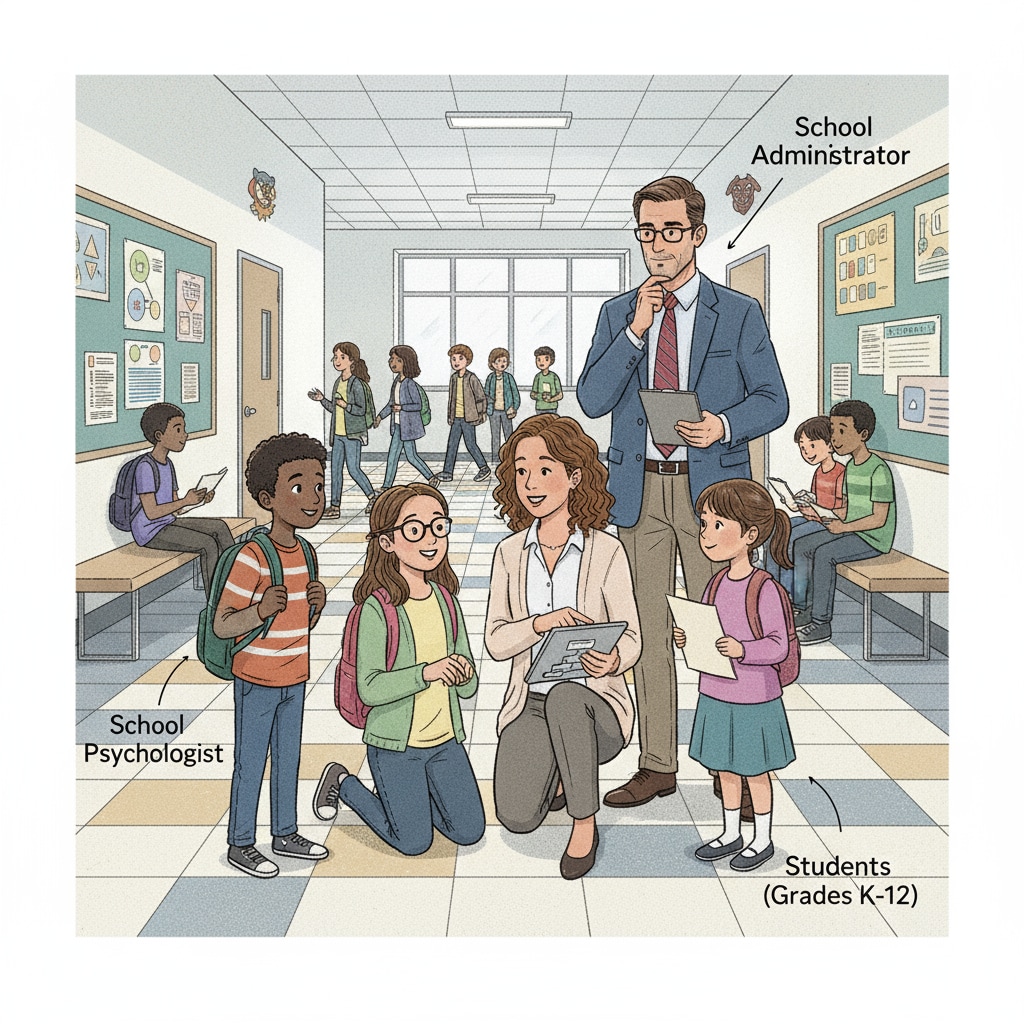In the realm of K12 education, the choices between school psychology and administration present a significant career decision. These two paths offer unique opportunities and challenges, catering to different skill sets and interests.

For those passionate about education, understanding these options is crucial for making an informed career choice.
The Allure of School Psychology
School psychology is a fascinating field that focuses on the mental health and well-being of students. Professionals in this area work closely with students, teachers, and parents to address a wide range of issues. For example, they might help students dealing with learning difficulties, emotional problems, or behavioral challenges. School psychology on Wikipedia School psychologists are trained to assess students’ psychological needs and develop individualized intervention plans. This hands-on approach allows them to have a direct impact on students’ lives.

The Realm of Administration
On the other hand, education administration involves managing the overall operations of a school or district. Administrators are responsible for tasks such as budgeting, curriculum development, and staff management. They play a crucial role in creating a positive learning environment and ensuring that educational institutions run smoothly. Educational administration on Britannica This path requires strong leadership skills, organizational abilities, and a broad understanding of educational policies.
Now, let’s take a closer look at the pros and cons of each path. School psychology offers the chance to work directly with students, which can be highly rewarding. However, it may also come with emotional stress, especially when dealing with complex cases. Administration, in contrast, provides the opportunity to shape educational policies and systems, but it often involves long hours and high levels of responsibility.
When it comes to qualifications, school psychology typically requires a graduate degree in school psychology, along with relevant certifications. Administration may require a master’s degree in educational administration or a related field, as well as experience in leadership roles. As for career prospects, both fields are expected to grow in the coming years, driven by the increasing focus on student well-being and the need for effective educational management.
Readability guidance: By comparing these aspects of school psychology and administration, educators can better understand which path aligns with their skills, interests, and long-term career goals. Whether you’re drawn to the psychological support of students or the strategic management of educational institutions, the choice between these two paths can shape your professional journey in the K12 education sector.


